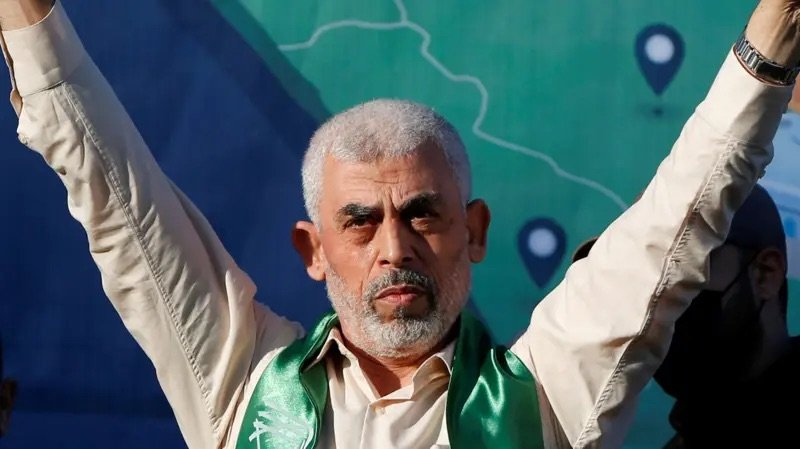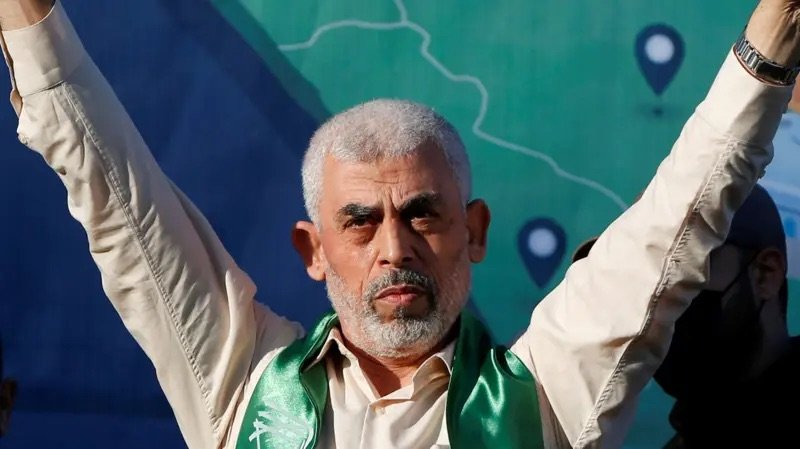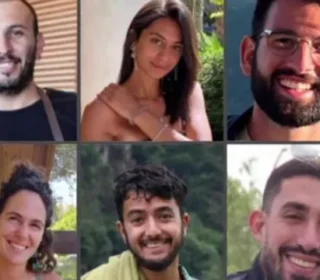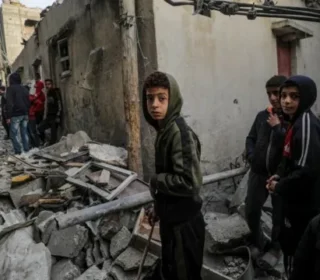
The killing of Yahya Sinwar, who had been top of Israel’s most-wanted list, is a deeply significant moment in the war in Gaza.
Israel accused Sinwar of having masterminded the unprecedented 7 October attacks, that killed around 1,200 people in Israel and saw 251 taken hostage last year.
He took over as overall leader of Hamas after Ismail Haniyeh was killed in Iran in July. Prior to that he served as the group’s leader inside the Gaza Strip – you can read a profile of Sinwar here.
Hamas is yet to comment or confirm the death. But Israel says it has matched dental and fingerprints, from the more than two decades he spent in Israeli prisons, to that of the body found in the southern Gazan city of Rafah.
Israeli Prime Minister Benjamin Netanyahu said the killing showed why Israel “insisted on not ending the war”, and added the fighting would continue until the remaining hostages were brought home.
US officials have signalled a desire for Sinwar’s death to act as an opportunity to renew efforts to agree a ceasefire deal and secure the release of the remaining hostages.
Earlier, Gaza’s Hamas-run Civil Defence Agency said at least 22 people were killed in an Israeli strike on a school building in northern Gaza. The Israeli military said it conducted a “precise strike”, claiming Hamas was using the site as a command centre, which the group has denied.

















